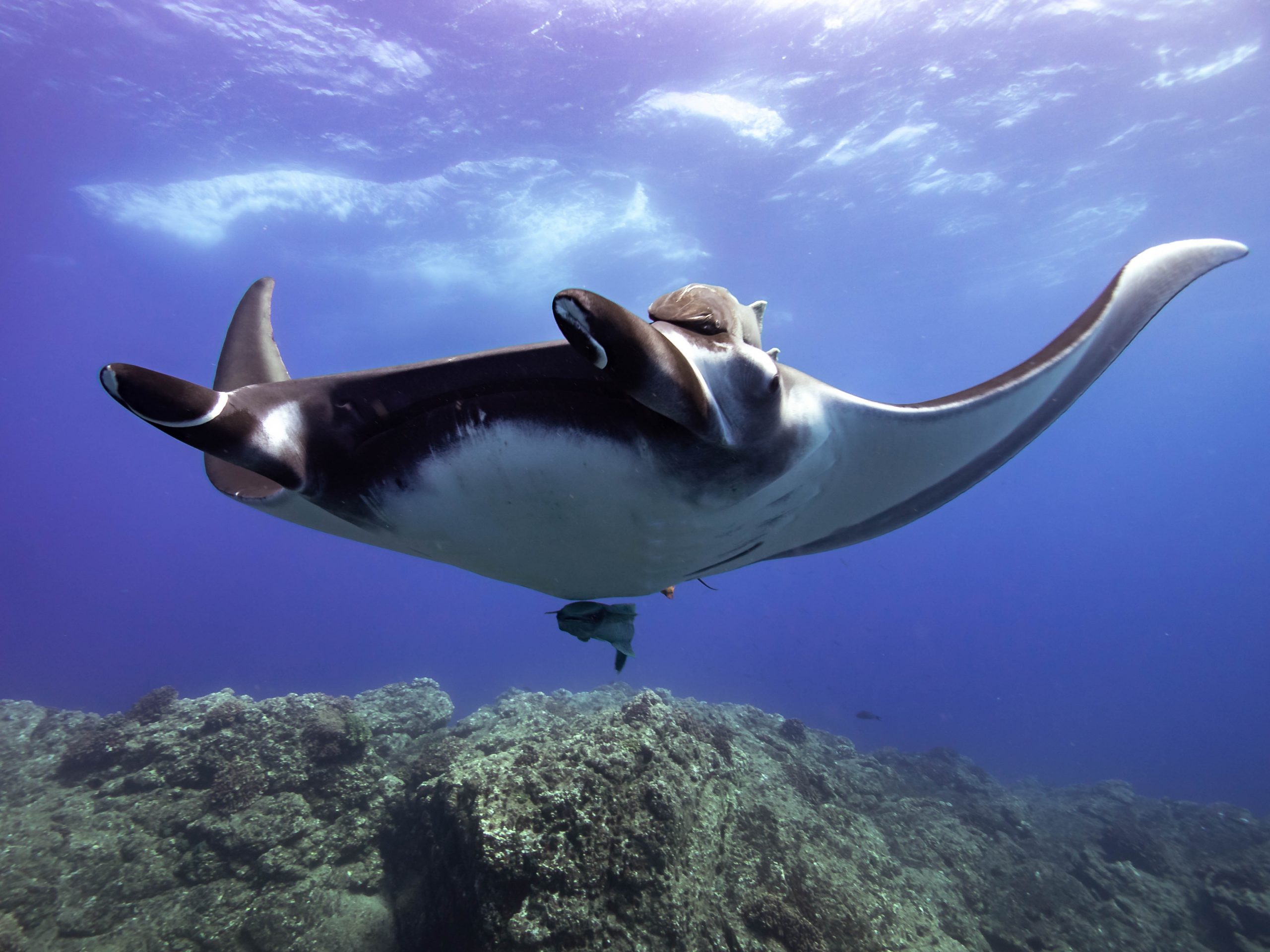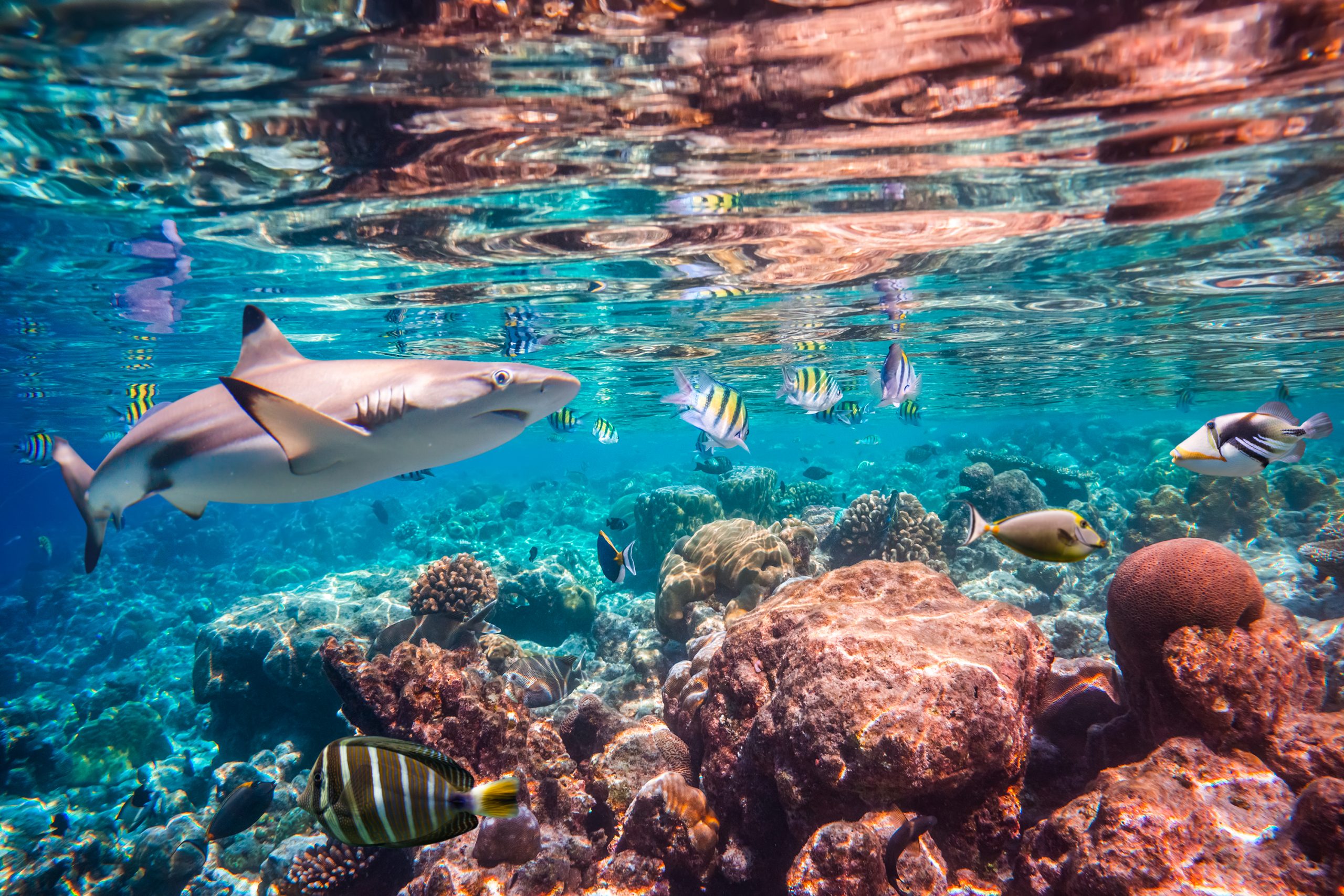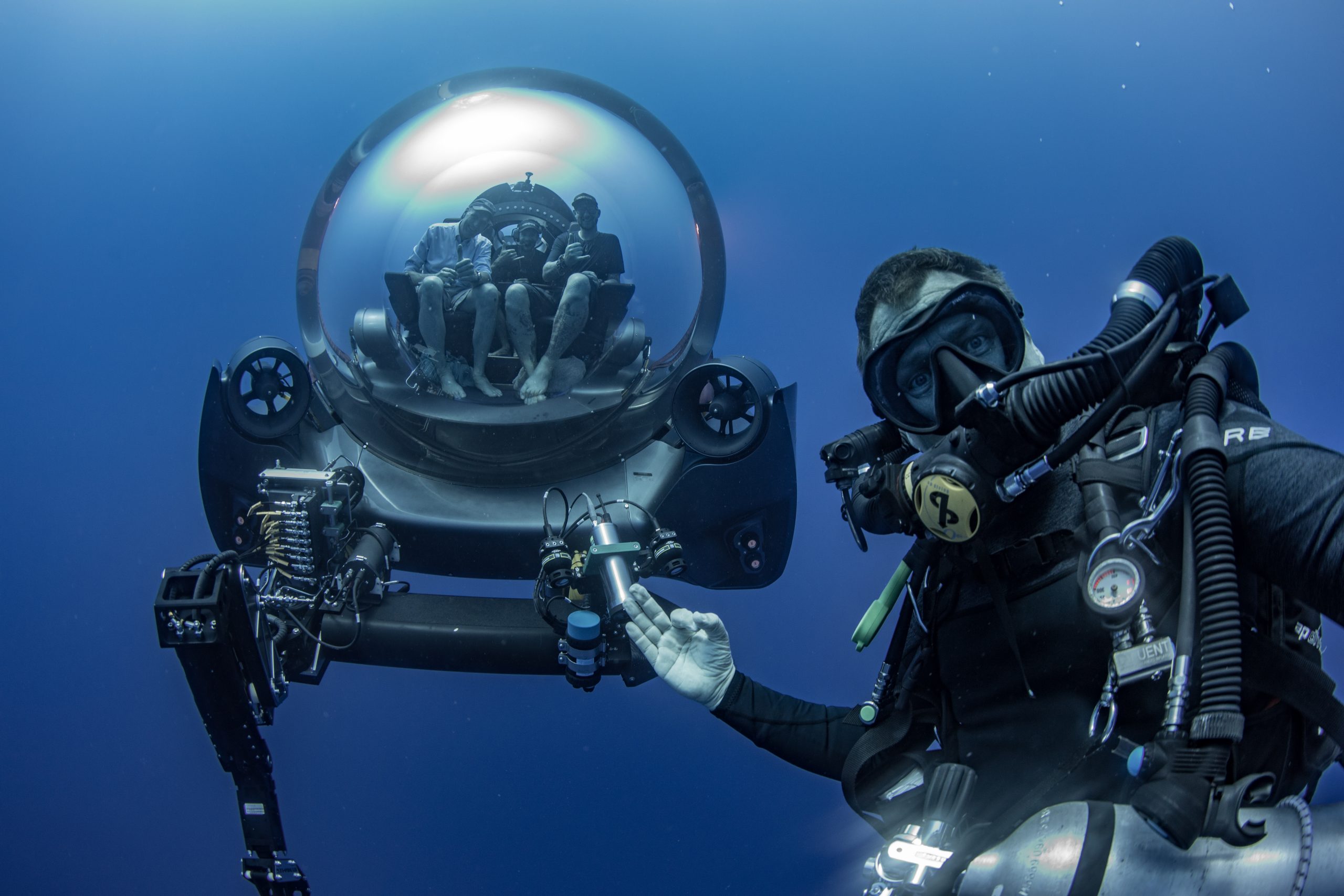Many years ago, I took part in a conference related to marine mammals in Bristol. One of the guest speakers was a producer at the ‘BBC Blue Planet’. At the time, the BBC Blue Planet series was not only innovative as a concept, but they also used technology from a new era and released a budget to film marine wildlife as never before.
At the end of the presentation time for questions on the new release was granted. A ten or eleven-year-old girl asked the speaker, “how can we save the Ocean?”
The answer started with the importance of recycling plastic … He suddenly stopped, looked at the young girl, and explained that he has a daughter of the same age who asked the exact same question, and will give her the same reply.
“I am afraid we won’t be able to restore our Oceans to be as we filmed them, ever again. The only thing we can do from now on is to slow down the degradation process of the Oceans as much as possible”.
Something in me was triggered that day, and I knew he was right.
Strive not to be a success, but rather to be of value.
By then, I had already worked for marine conservation for some years through the foundation firmm®, exposing threats marine mammals face by speaking at conferences, organising educational campaigns for schools, and giving many talks to passengers before boarding the whale-watch boats.
Whales and dolphins are, by excellence, the animals to transmit the distress message on behalf of our Oceans. Talking about marine conservation through sea slugs, deep-sea orange roughy, or sharks is however more challenging when facing the general public.
The reality is that all are so closely related when it comes to protecting the biodiversity and ecosystems of our Oceans that it doesn’t matter which species are discussed, as all are inter-connected.
The second point mentioned by the speaker which caught my attention, was when he explained that to slow down the global degradation of our Oceans, the support to local non-profit organisations in Asia (including India) is crucial.
Perhaps South America and Africa are doing worse in taking responsibility towards our Oceans than Canada or Europe, but the biggest challenge is Asia. Not only is the population growing exponentially but so is their consumption, especially their seafood frenzy. Unfortunately, too few organisations are present in this area of the world and the lack of education and infrastructure to develop marine conservation does not allow public- or government- awareness.
He added that the key to success in these countries is to make sure that international organisations, who decide to collaborate and invest in Asia, support these local conservation organisations from within. The initiatives genuinely need to become local projects, as too many international organisations failed to make this happen, leading to short-term projects or even just a ‘shot in the air’.

Our Oceans face a devasting future due to overfishing, global warming, toxic waste dumps, industrial run-offs, etc. In addition, the liquid state of our Oceans makes the containment of acidification or marine pollution even more difficult.
Around a quarter of all carbon dioxide, which we release into the atmosphere, is absorbed by our Oceans which increases the acidity of the water. When the acid levels rise high enough, they cause the limestone (coral skeletons) and all exoskeletons of clams, mussels, lobsters, shrimps, nudibranch, and sea urchins to dissolve. Basically, most of our invertebrates and coral reefs will not be able to survive!
About 70% of the oxygen is produced by algae within our Oceans, also planet “Earth” consists of 71% of water and only 29% land. When you hear that the Amazon Forest are the lungs of our planet, it is a good comparison, but our Oceans are a much more significant part of these lungs than generally understood. Needless to mention what will happen to us humans if we lose our Oceans.
Action is desperately needed before the negative impact, as a consequence of our modern lifestyle over the last decades, becomes an irreversible collapse of our Oceans.
It is not a matter of ‘if’ anymore but ’when’!
Marine sanctuaries offering shelter to specific ecosystems is one of the most valuable solutions available. Mrs Sylvia Earle understood the urgency and created ‘Hope Spots’ as part of the Mission Blue and the Sylvia Earle Alliance. The project consists of creating marine sanctuaries worldwide by people who are willing to make a change. It allows many species to be protected before it is too late and opens a door for governments to get on board. In addition, marine sanctuaries create a spill-over effect of species outgrowing the sanctuary providing local fishing communities with enough stock, as long as the marine reserve’s boundaries are respected. It is a suitable solution to balance the coexistence between humans and the Ocean.
MPAs (Marine Protected Areas) put in place by the United Nations (IUCN) and PSSA (Particularly Sensitive Sea Areas) by the IMO, have unfortunately too often become profitable fishing grounds due to lack of law reinforcement and patrol possibilities. The initiative of Mission Blue has grown consistently and has been of great assistance, to reach relatively satisfactory protection for the triangle of the pelagic for example (Galapagos-Cocos-Malpelo), thanks to the efforts of non-profits like ‘Fundación Malpelo’ and the collaboration of governments.
On a smaller scale, coral restoration programs allow the lesser marine ecosystem to rebuild from the bottom up providing breeding grounds for smaller fish, attracting predators like parrotfish, and leaving top predators such as sharks to find a stable and safe feeding area.
For obvious reasons, sharks are the most misunderstood species on the planet, due to shark attacks on humans and unfortunate perception created through the film ‘Jaws’. So, maybe we should convince Mr. Spielberg to make a movie on shark conservation one day.
For context, there were fifty-seven shark attacks worldwide in 2020 of which ten were fatal, compared to an estimated one hundred and fifty deaths caused by coconuts falling from their tree.
Sharks play an essential role as predators in the marine environment, and in the case of coral reefs, they are crucial to preserving a balanced ecosystem. What do you think happens when barracudas have no predators on the reefs, for example?
Although it is an uphill battle, these matters are taken seriously by marine conservation organisations and with the collaboration of some governments. In 2021 Costa Rica and Fiji did list sharks as endangered species through CITES (Convention on International Trade in Endangered Species). These steps in the right direction allow reinforcement of regulations, patrolling of specific areas, and penalise those caught fishing sharks.

As many horror movies start with a scientist who is not taken seriously, the same situation is valid for marine conservation. Information based on scientific research whilst monitoring the health of our Oceans is crucial, just as is looking for solutions against cancer. Only when we understand the underwater world and its hidden mysteries can we find suitable solutions and move faster in the right direction.
The technology is here, and it is a matter of budgets and weather conditions to use these technologies out at sea. Assisting for over a year now in the development of submersibles at SEAmagine, I am amazed by the technologies available to equip these subs with 2D & 3D imaging sonars, metal detectors, ultra-HD Cameras, robotic arms for sampling, and even underwater oil-spill recovery abilities.
Some individuals in the yachting world are dedicating extra money to develop eco-friendly operating ships such as ‘MY Savannah’, ‘SY Black Pearl’, ‘MY Bravo Eugenia’, or the private explorer ‘Yersin’. In addition, a select group of Yacht builders started to allow carbon foot-print analysis for the lifespan of a yacht, accounting building- and decommissioning- process.
These yacht owners and yards, taking on responsibility for what they do, are to be considered the ‘top of the yachting industry’, not those only out for their own pleasures.
The maritime industry also counts more and more successful businesspeople who invest in research, technology and participate directly in the urge to save our Oceans. A small group of philanthropists decided to act for themselves by creating their own NGO and research vessel. These impressive vessels like, ‘OceanXplorer’, ‘Pressure Drop’, ‘Tara’ or the future ‘REV Ocean’ are some examples. This last one will not only be one of the largest yachts in the world with the most impressive technologies onboard, but the REV Ocean foundation also assigned former WWF secretary-general for Norway to be their CEO.
How cool is that?

These individuals are the true trendsetters, and it has led to a boom in the explorer yachts segment like never before. Also, owners of existing luxury yachts are more frequently looking for operators who can help them set up their specific charter expeditions allowing research and conservation to occur whist on charter.
It finally comes down to wanting to take responsibility as an individual, whether you are crew, scientist, or millionaire. So how can you participate and what habits will you have to leave behind to join in and protect what we all love most before it’s too late?
“With every drop of water you drink, every breath you take, you’re connected to the sea. No matter where on Earth you live. Most of the oxygen in the atmosphere is generated by the sea.” – Sylvia Earle, Oceanographer
Capt. Dominique Geysen
Photo Credits: REV Ocean Foundation, Damian Pessano (Expedicionesbajasur) & Rodolphe Holler (Tahiti Private Expeditions)





